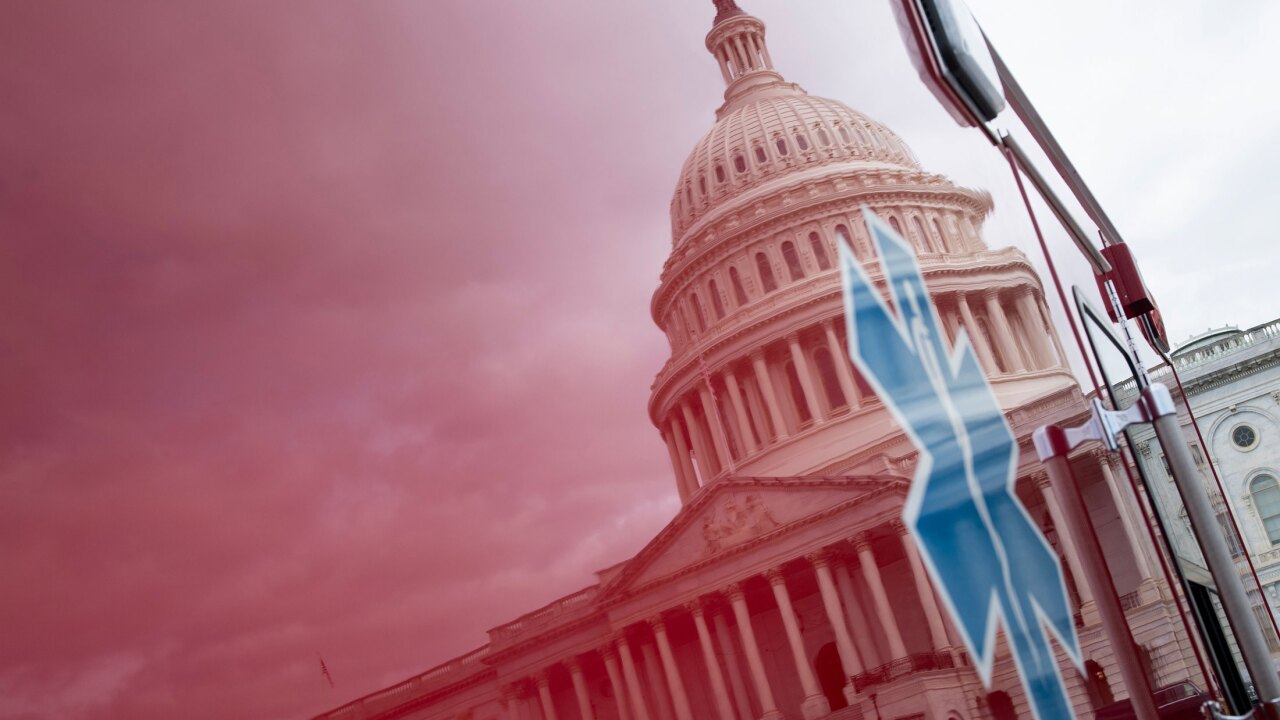Lesli Marasco was diagnosed with
"You get a diagnosis from your doctor, and it's not something you're expecting to hear when you're in your early 40s," says Marasco. "I was worried about what I was going to tell my kids, I was worried about my twin sister — it's just this huge learning curve you get thrown into."
Marasco had to somehow manage her recovery alongside unimaginable caregiving responsibilities, and yet she didn't have to let go of her career to do so. Now as the vice president of global benefits and well-being at AbbVie, Marasco is on a mission to share what kind of support
Read more:
"If I step back for a minute, I feel really fortunate to be working for a company like AbbVie," says Marasco. "We put a lot of emphasis on supporting employees from prevention to diagnosis, treatment and hopefully recovery, or sometimes end-of-life support."
According to the National Cancer Institute, an estimated two million Americans were diagnosed with cancer last year. A study published by Nature Reviews Clinical Oncology reported doctors seeing dramatic increases in cancer diagnoses in people under 50, highlighting that cancer is by no means getting rarer. And yet, 50% of cancer patients are afraid to tell their employer about their diagnosis, despite 92% feeling support at work would positively impact their health, according to Cancer@Work.
Notably, Marasco caught her breast cancer early through a routine mammogram. She did not have to undergo chemotherapy or radiation and instead had a double mastectomy, a procedure where both breasts are removed. Marasco stresses accessible and affordable preventative care as the foundation of effective cancer benefits. The earlier the cancer is caught, the less expensive it is to treat and the better chance the patient has of making a full recovery.
Read more:
The next level of care comes with healthcare navigation and advocacy support — cancer patients have a lot of questions, but usually, no one they can turn to at a moment's notice for an answer or resources, Marasco points out. While AbbVie does have a support system in place that includes nurses, doctors, benefits and claims specialists who guide the patient, Marasco is currently working to expand the network to include oncology experts.
"When I got my diagnosis, it was hard to know whether I needed a second opinion, who is the best doctor to go with, are these the best treatment options for me?" she says. "Having somebody to help who's an expert in all of this is really important."
Flexibility is also non negotiable, Marasco says. If employers genuinely plan on retaining talent faced with a cancer diagnosis or who are caring for someone with cancer, their leadership should have the ability to offer flexible work arrangements and extended leave without any negative repercussions. This may require a culture shift in the company, where ignoring one's well-being is frowned upon rather than the other way around.
Read more:
"When my manager told me, 'Your family is the most important, your work will always be here so go do what you need to do,' that meant the world to me," says Marasco. "That's part of having a safe space to talk about those things and the kind of culture that focuses on the well-being of our employees."
Marasco was able to work remotely and focus more on long-term projects so she could fit her work into her personal life. This meant she could go to her own doctor appointments, sit with her mom during chemotherapy and take her dad to get blood transfusions. While Marasco understands no one person experiences circumstances like this the same, she found that work was a welcome distraction.
Marasco asks employers to consider whether their healthcare benefits and work culture could help a cancer patient or caregiver to not only receive treatment but thrive at the company well into the future. This doesn't mean employers need to upend their benefits, but they may need to invest in upgrades, benefits education and manager training to start seeing some real impact.
"We're spending a lot of time ensuring our programs are easy to find and understandable," says Marasco. "By reducing the stigma and making sure that people have the support they need, we're helping people come through a diagnosis and still contribute at work."






